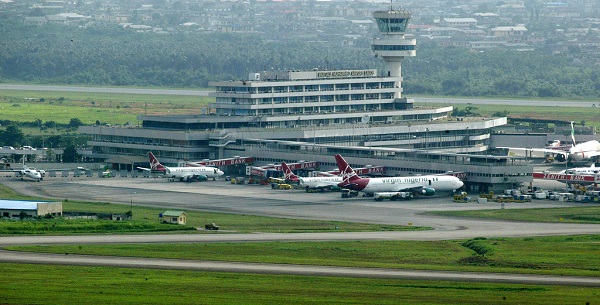
In response to recent safety breaches involving water found in the fuel tanks of some aircraft, the Nigeria Civil Aviation Authority (NCAA) has taken proactive measures by initiating a wide consultation with all relevant stakeholders. The aim is to identify gaps, address them, prevent future occurrences and enhance safety within the aviation industry.
During a meeting with domestic/international operators, aviation fuel suppliers and the Nigerian Midstream and Downstream Petroleum Regulatory Authority (NMDPRA), chaired by the director-general of NCAA, Capt. Musa Nuhu it was emphasised that the issue of fuel contamination falls outside the purview of the aviation ecosystem. Therefore, collaboration with the regulator of the downstream sector, NMDPRA, is essential as they certify all oil companies in Nigeria.
Nuhu stressed the importance of deliberate collaboration between NCAA, NMDPRA and FAAN (Federal Airports Authority of Nigeria) for effective fuel quality monitoring. He proposed the formation of a committee comprising representatives from NCAA, FAAN, NMDPRA, NSIB (Nigerian Safety Investigation Bureau), airliners, pilots, fuel depot operators, aircraft maintenance officers and other stakeholders to ensure constant aviation fuel quality.
The investigation aims to ascertain the true situation and strengthen safety measures within the aviation industry. Nuhu clarified that the inquiry is not to lay blame on anyone but to fortify the sector against such fuel quality breaches.
The chief executive officer of NMDPRA, Engr. Farouk Ahmed asserted that they are treating the matter with utmost seriousness and have launched an investigation. He pledged to collaborate with NCAA, FAAN and other stakeholders to address the gaps that led to the adulteration of fuel.
The director-general of NSIB, Engr. Akin Olateru emphasised the gravity of the issue and called for a comprehensive investigation that takes all possible actors into account. He highlighted that the NSIB had previously issued safety recommendations concerning aviation fuel quality in Nigeria, following an incident involving a Bel 427 of the Nigerian Police Force. The NCAA was advised to conduct an independent investigation and implement a regulatory oversight mechanism to ensure the international quality of aviation fuel used in Nigeria.
In closing remarks, the director of operations, licensing and training standards at NCAA, Capt. Ibrahim Bello Dambazau assured that the authority would spare no effort in getting to the root of the matter, considering its critical impact on safety.
The meeting was attended by representatives of International Civil Aviation Organisation (ICAO), Western and Central Africa (WACAF), Banjul Accord Group Accident Investigation Agency (BAGASO), International Air Transport Association (IATA), NSIB, airline operators, oil marketers, Nigerian College of Aviation Technology (NCAT), NMDPRA and other industry stakeholders.

